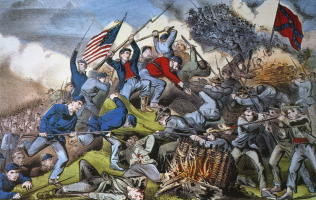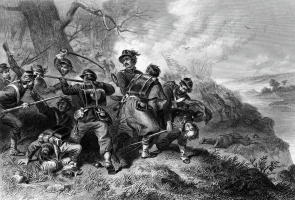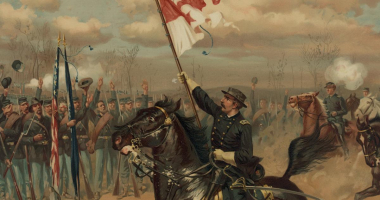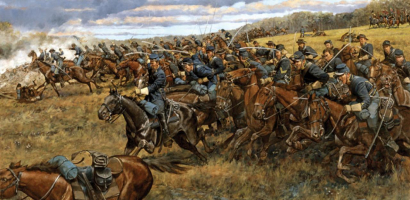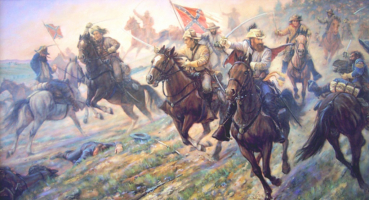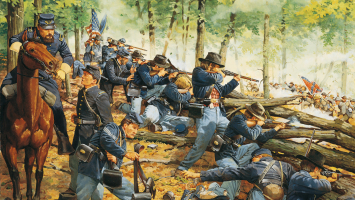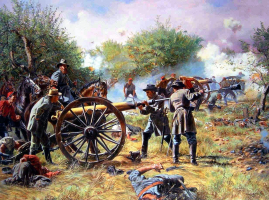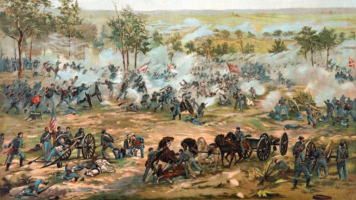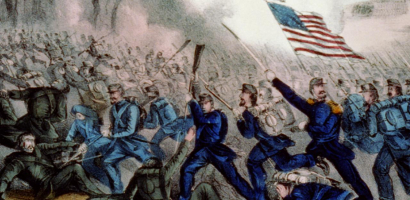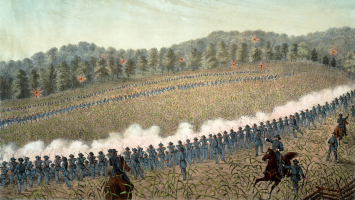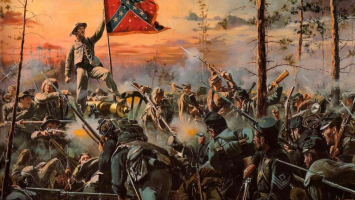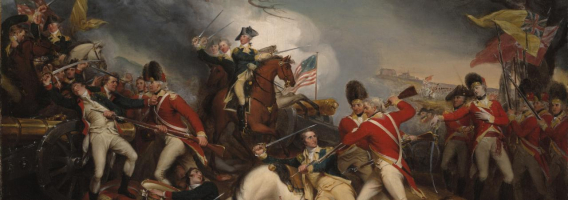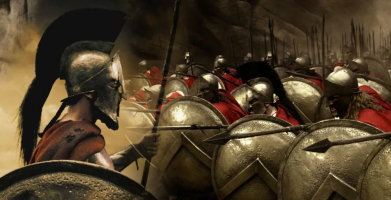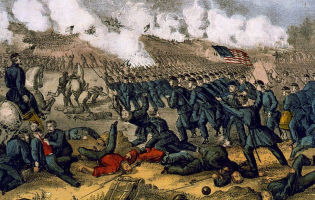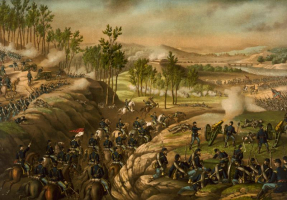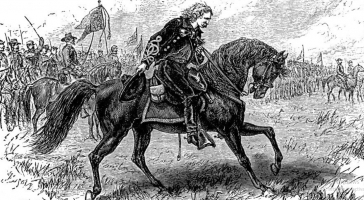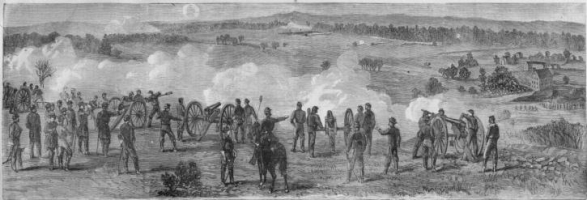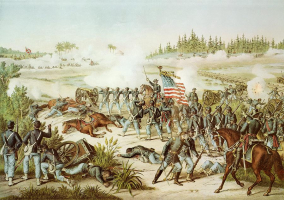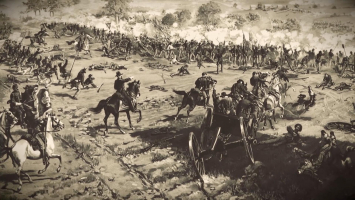Top 10 Best Significance of The Battle of Waterloo
Napoleon Bonaparte's extraordinary life narrative is intrinsically related to the significance of the Battle of Waterloo on June 18, 1815. Although the great ... read more...battle is best remembered in the context of Napoleon's exceptional life and military career, Waterloo's larger influence should not be understated. Here is the top of the best significance of the battle of Waterloo.
-
NATO, or the North Atlantic Treaty Organization, is a military coalition that was initially formed to oppose the Soviet Union and is currently doing the same with Russia. Additionally, the United Nations was created as a venue for diplomatic discussions among its member states.
Only 36% of Wellington's army was genuinely British; the remaining men were from various German duchies as well as the Netherlands and Belgium. Additionally, Wellington's men collaborated with the 50,000-strong Prussian army (Prussia eventually became a part of Germany) to beat the French, which is why Lord Bramall, the previous head of the British military, referred to Waterloo as "the first Nato operation." NATO and the United Nations have their roots in the Battle of Waterloo. It was considered one of the best significance of the battle of Waterloo and the first NATO operation as the Prussian army worked there to defeat the French with the forces of Wellington.
In the Waterloo Passage of Lord Byron's poem Childe Harold's Pilgrimage, the phrase "united nations" appears. This was used to describe the allied war objectives after Pearl Harbor by Winston Churchill, and the phrase was later used to refer to the renowned international organization.

Historyten 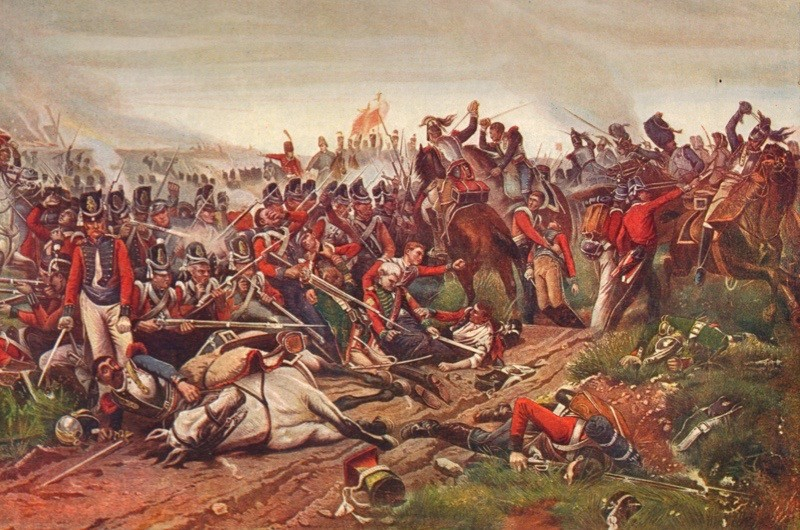
Historyextra -
The defeat of Napoleon at Waterloo seemed to be good fortune for the British. Before this conflict, the British had no plans to establish a strong empire that would bother people all over the world.
The British saw Waterloo as a national victory. What was worthy of remembering in poetry, songs, stations, and street music was the official exaltation of British principles.
The British victory at the Battle of Waterloo not only strengthened Great Britain's ambitions and produced a thriving economic climate that ushered in the Victorian era but was also evaluated as one of the best significance of the battle of Waterloo.
Following Napoleon's defeat, the British took the initiative in peace negotiations and gained control of a few international areas ( Tobago, Martinique, South Africa, Sri Lanka, and the Dutch East Indies). The British empire evolved as a result of the expansion.
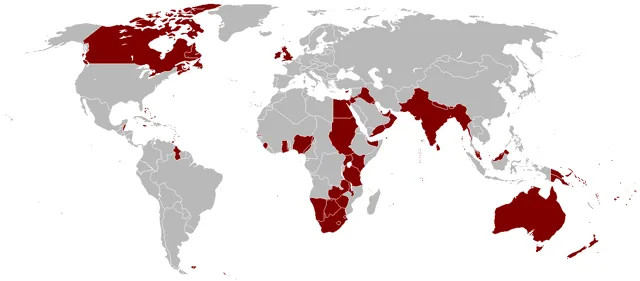
Historyten 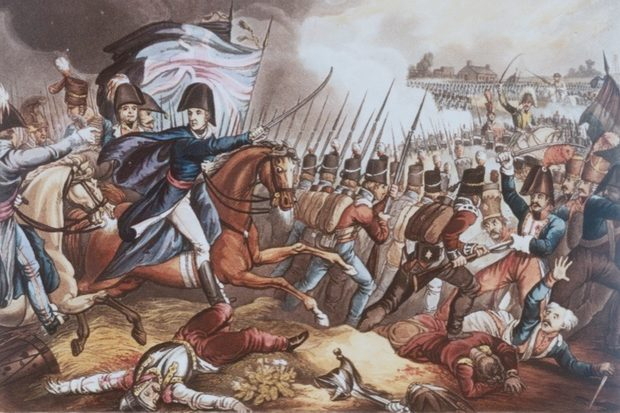
HistoryExtra -
Numerous well-known statements were influenced by the Battle of Waterloo and it is one of the best significance of the battle of Waterloo. The battle of Waterloo generated numerous sayings that are still in use today.
Napoleon Bonaparte quotations One of the most well-known quotes is, "Sirs if it weren't for that red spot, I would have conquered the globe." Other noteworthy quotations:
“ It has been a damned nice thing, the nearest run thing you ever saw in your life.” by Wellington
“His presence on the field made the difference of forty thousand men.” by Wellington's description of Napoleon Bonaparte.
“ The battle of Waterloo was won on the playing fields of Eton.” By George Orwell
“Waterloo is not a battle; it is the changing face of the universe.” by Victor Hugo. He is the author of Les Miserables.
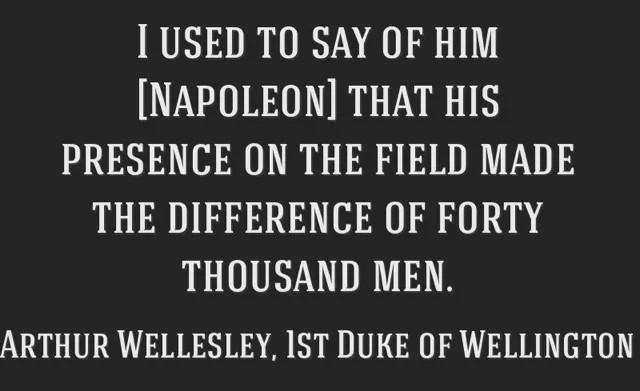
Historyten 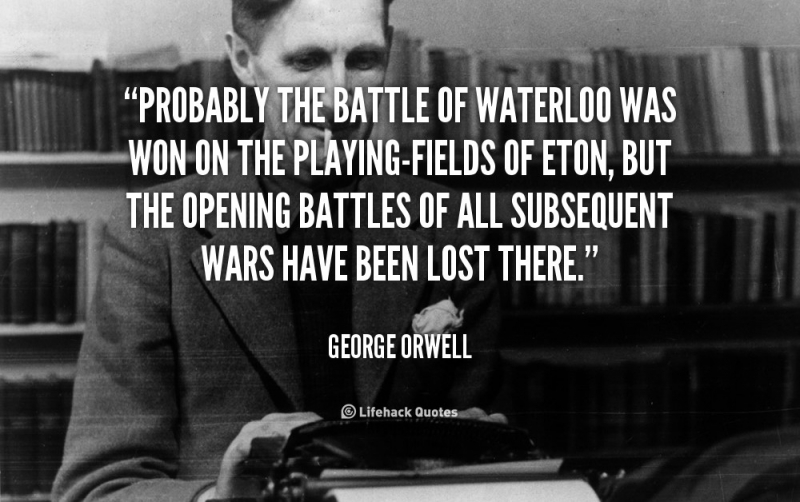
QuotesGram -
The 200-year-long Battle of Waterloo drastically altered the course of history. One of the most astounding things to happen in both European and global history.
If Waterloo was Britain's greatest military victory, as is sometimes lauded, then the fight itself cannot be blamed for that accomplishment. Most military historians concur that neither Napoleon's nor Wellington's strategic skills were particularly on display during the fight.
If anyone lives and repels the French, Wellington informed his men, they would be guaranteed a generation of peace. As he had predicted, it did occur.
Napoleon was defeated by the Seventh Coalition, who also set the groundwork for a united Europe and reduced the death toll, ushering in a new era of peace, this is one of the best significance of the battle of Waterloo.
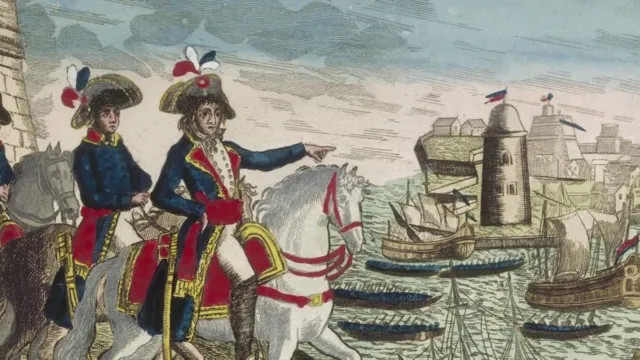
Historyten 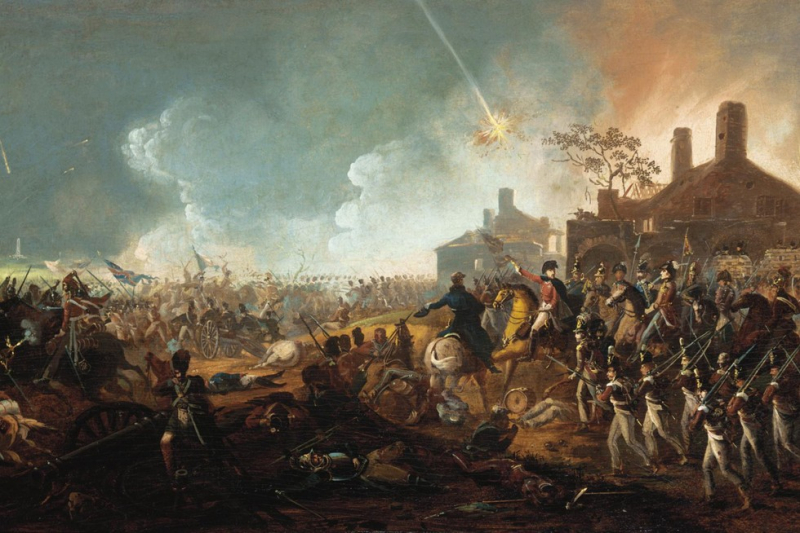
HistoryExtra -
Since Napoleon's time in power, France had conquered a number of nations in Europe, Northern Africa, and other regions of the world.
Napoleon had already faced defeat but managed to flee exile to Elba. He then conducted an ambition course to train his men for the campaign known as "the Hundred Days." The Seventh Coalition was then engaged in combat by the Armee du Nord.
The 12-year-long Napoleonic Wars (1803–1815) claimed the lives of around 6 million people. French dominance allowed them to take over most of Europe.
The British and Prussians destroyed Napoleon's soldiers at the Battle of Waterloo, and Napoleon rode away from the conflict in tears. As a result, the Battle of Waterloo marked the end of the Napoleonic Wars and it is rated one of the best significance of the battle of Waterloo.
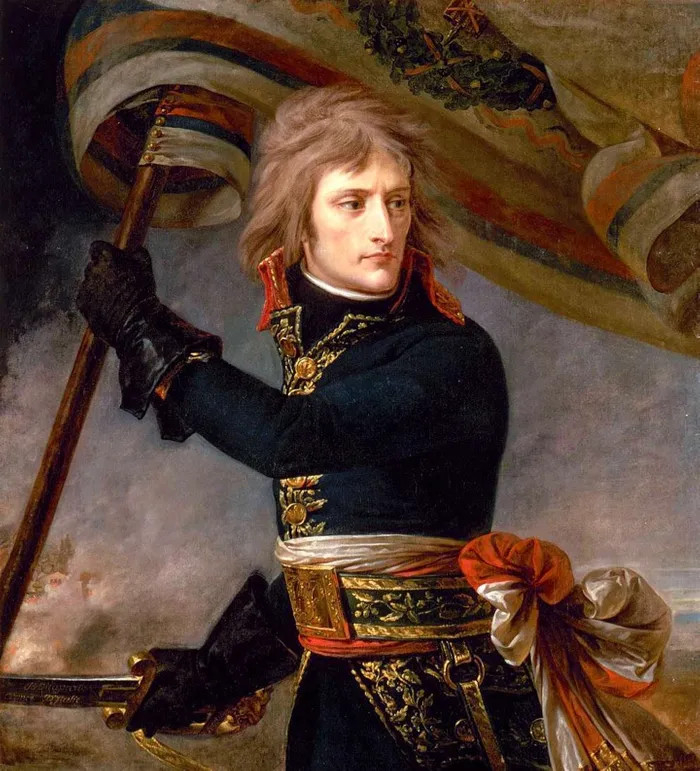
Hisoryten 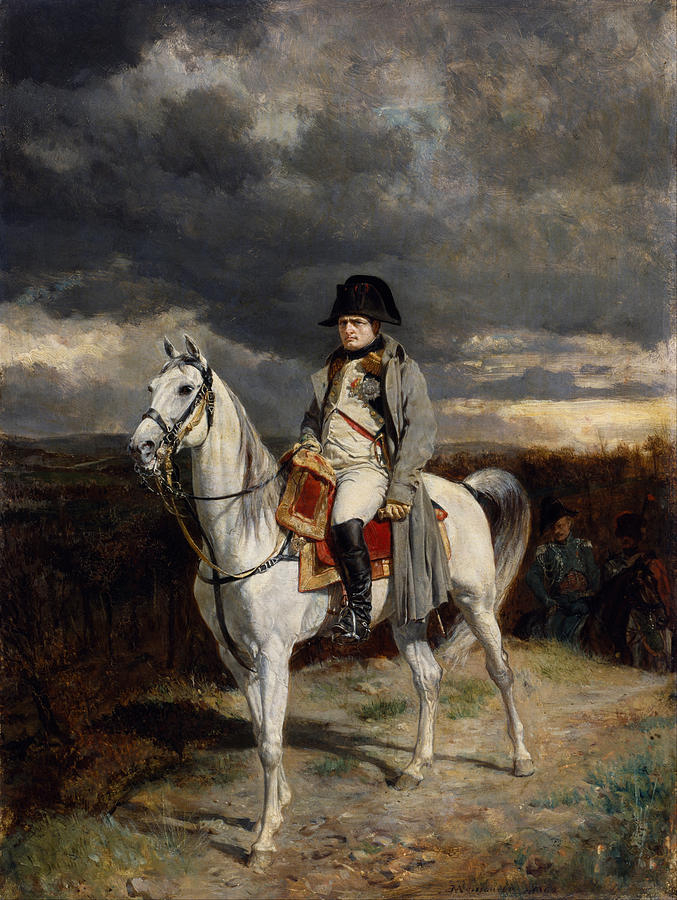
Pixel -
On June 18, 1815, the French Army and the Prussian-British Army engaged in the Battle of Waterloo. The war interrupted European industries, which led to a switch in demand from European to American goods. During the Napoleonic Wars, there was a significant increase in the orders for American Products.
America was neutrally promoting its products on both sides. Thus, the United States' economic dominance began to manifest. This change is one of the best significance of the battle of Waterloo.
Blockades and warships from the French and British wars continued to impact and impede trade. Due to these disturbances, American cotton and grain were required.
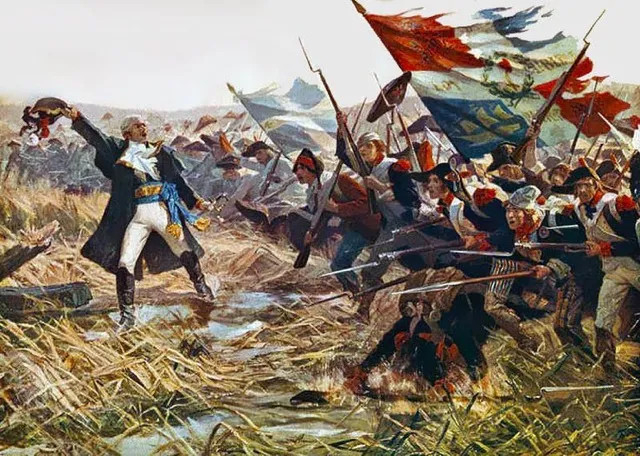
Historyten 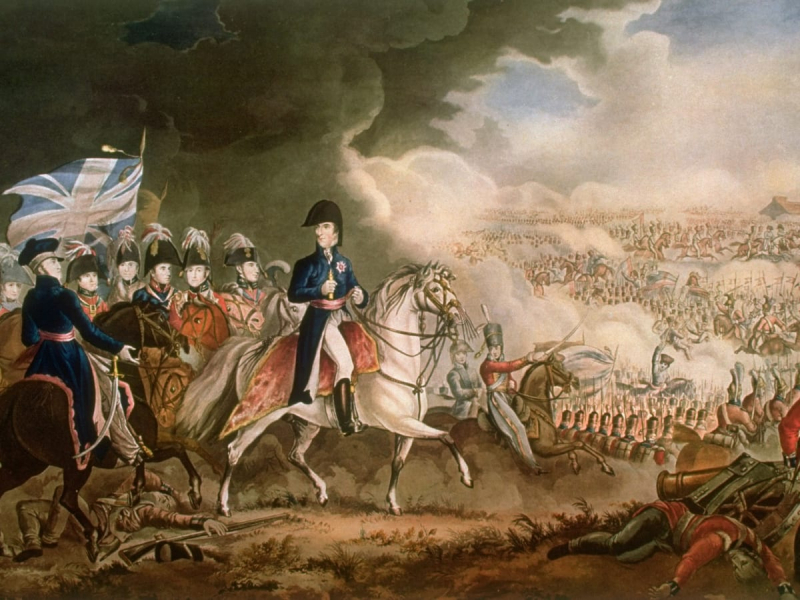
History.com -
Napoleon Bonaparte made the decision to engage the alliance of European Armies that had been established against him after regaining control in 1815.
Field Marshal Gebhard led the Prussian army, while Field Marshal Field was in charge of the British army. The Prussian state's mythology preserved the role the Prussian Army played in defeating the French Army at Waterloo.
By fostering nationalism, mythology was a key factor in the formation of the new German Empire (1870). Hyper-nationalism sprang from nationalism and gave rise to the Nazi party.
The Third Reich and World War II were caused by the development of the Nazi party, a German hyper-nationalist party. This indicated an age of German Nationalism led to World War II, so it is one of the best significance of the battle of Waterloo.
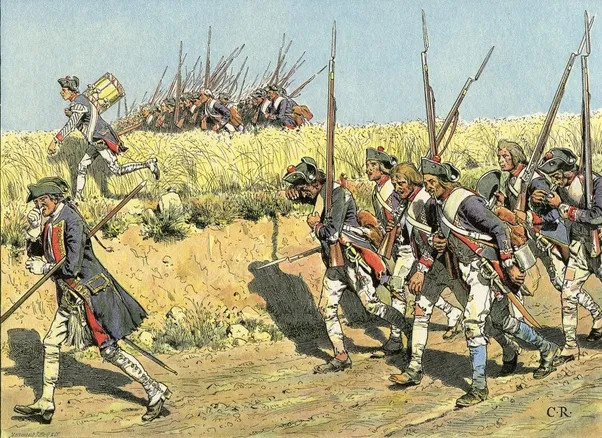
Historyten 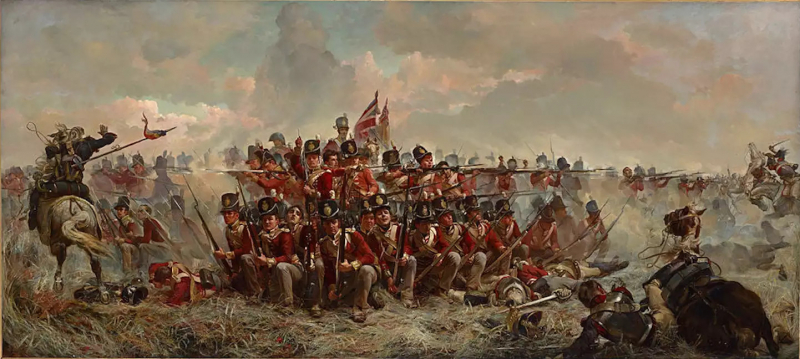
Business Insider India -
The battle of Waterloo's greatest notable success was its ability to drastically alter French attitudes. This change is assessed as one of the best significance of the battle of French revolution.
Prior to this conflict, the French populace supported Napoleon's aspirations to rule all of Europe and his quest for "La Gloire" wholeheartedly.
France was the adversary of the alliance of European Armies during the conflict. The other countries all agreed that France should make good on their losses. The entire French territory was removed from France and was to be returned to its old boundary, as it had been in 1790.
The struggle was lost, but on the plus side, France had succeeded in forging national unity. It made it simpler for Louis to enact changes and set up a reliable government for the nation.
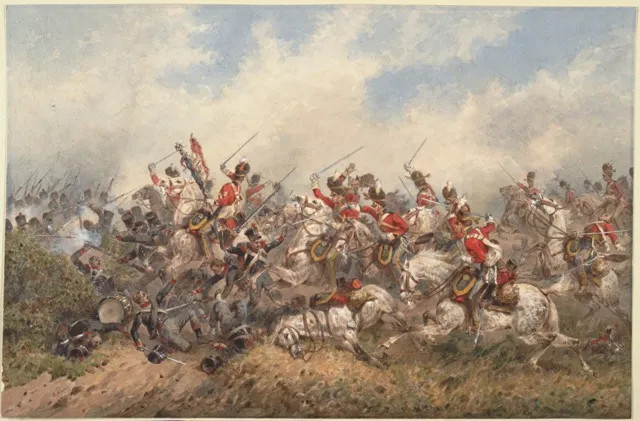
Historyten 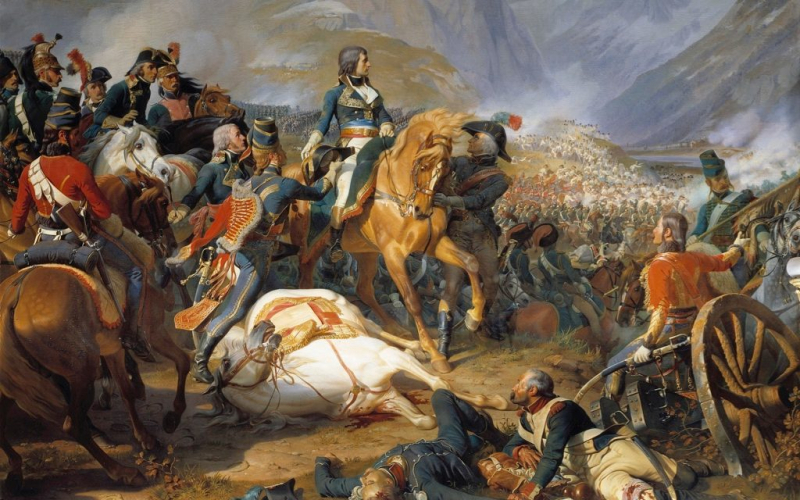
HistoryExtra -
The battle of Waterloo influenced the different aspects of life; one of them was the popular cultural aspect. It is rated one of the best significance of the battle of French revolution.
Nearly 46 cities and villages worldwide bear the name Waterloo in honor of the fight. The former colonies and the United States of America both contain a large number of cities or towns. Even bars, railroad stops, and bridges bear its name.
The fight has also served as inspiration for a number of poets, directors, and writers, and nearly all bookstores carry works on the conflict. Many songs and melodies have been written as motivational pieces.
The day of combat caused a lot of sorrow and suffering, but it also left the world with a legacy of inspiration. It has become ingrained in popular culture all across the world.
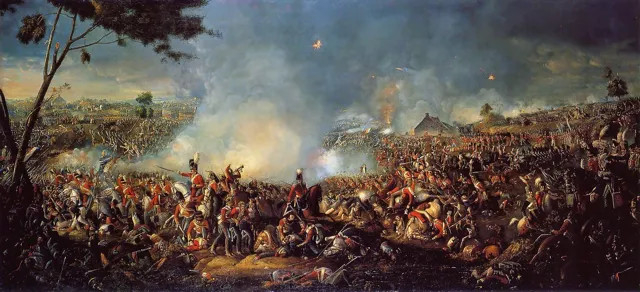
Historyten 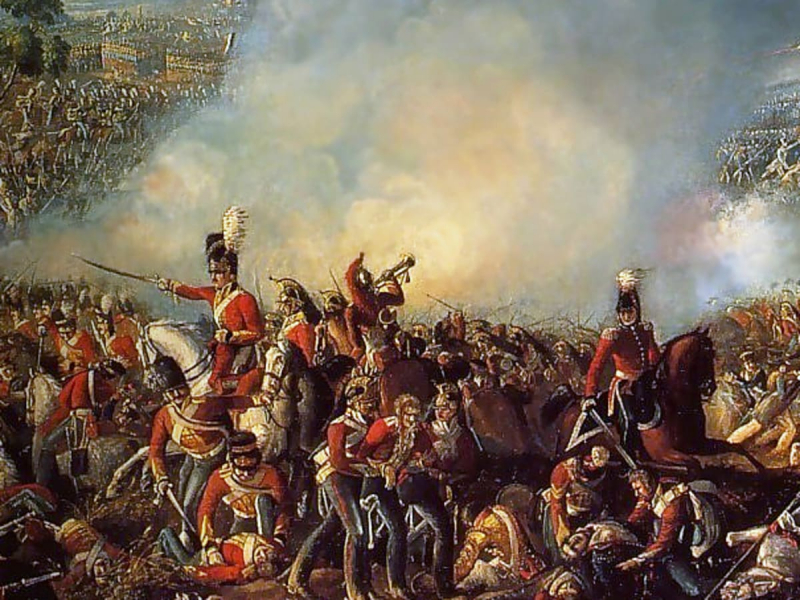
History.com -
Throughout the conflict, Napoleon's goal was to rule all of Europe and create a single state that would be under his power. The conflict at Waterloo was not merely one of military might, but also one of ideas and precepts between the supranational state and the nation-state.
Napoleon Bonaparte's plans were being resisted by the Prussian and British armies. They opposed Napoleon's attempt to rule all of Europe. Napoleon's defeat signaled the end of the nation-state and the idea of imposing authority on Europe.
The idea of unification won the day after Napoleon Bonaparte was overthrown. So, it implies the future of the European Union, which is one of the best significance of the battle of French revolution.
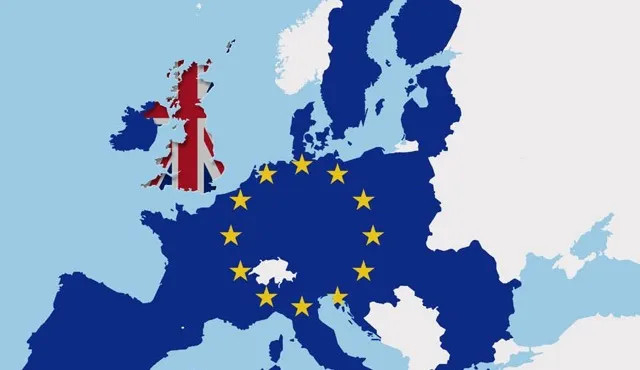
Historyten 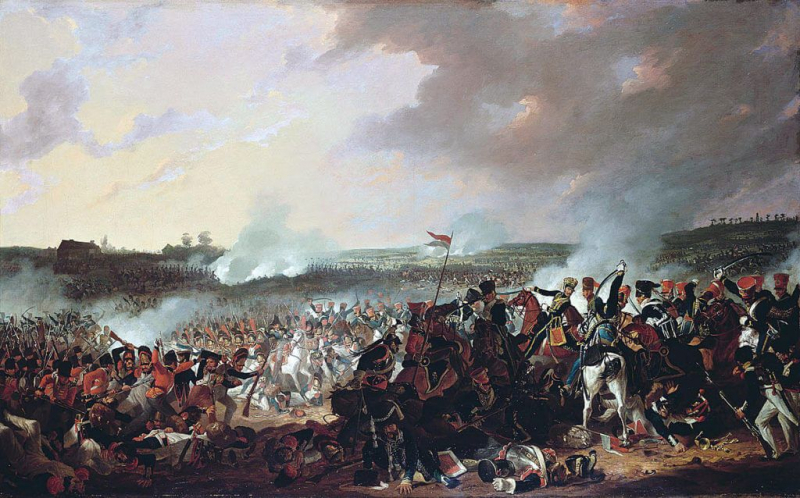
British Battle












